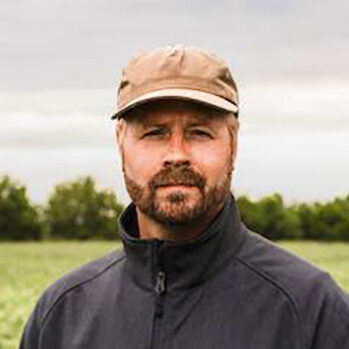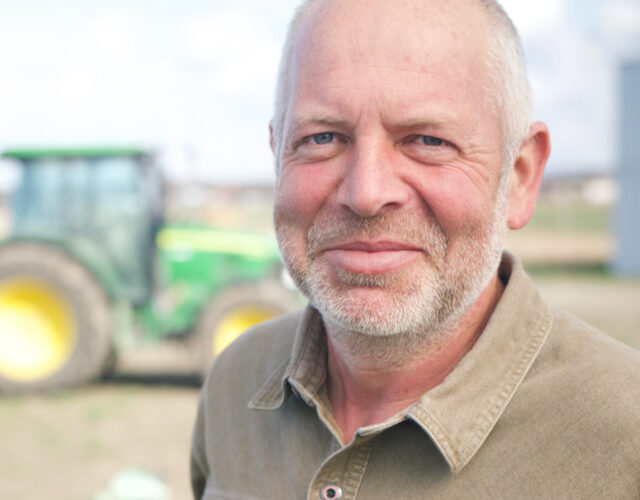Chris Henggeler – Standing on the shoulders of giants (Savory, Ingham, Provenza) and managing over 77000 hectares in remote Australia
A conversation with Chris Henggeler, a second-generation high-density, low-duration herder using herds for land management. From one of the most remote places in Australia, we explore big myths like many animals damage the land, to a huge question: can we actually put the new megafauna to work? Farms need to get smaller, and ranches need to get bigger. If you want to retire in security, you have a vested interest in healthy landscapes.
How do we invest as if our grandchildren mattered? How do we ground investing in ecology, and what human activity is restraining nature from building wealth? This and much more in the conversation with Chris.









